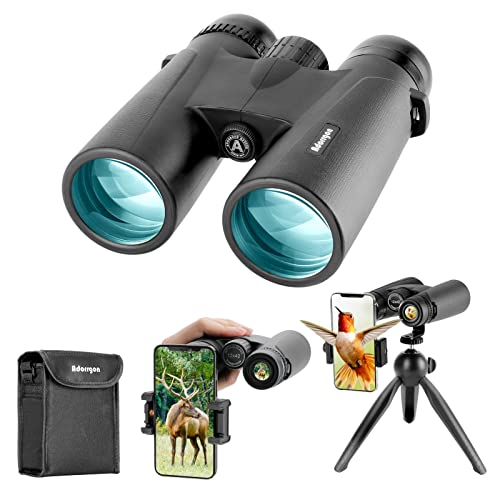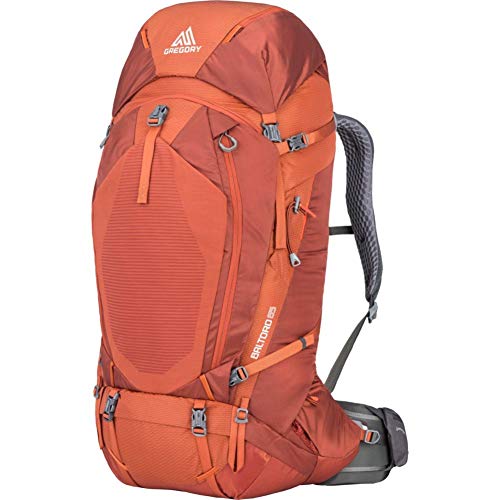The Best Hiking Shoes for Your Adventures of 2024
Overview
One of the most crucial gear decisions you'll make is the hiking shoes to choose from. Hiking shoes are designed to protect your feet from bruising and abrasion caused by rocky wilderness terrain, cushion your soles and give good traction on rough, steep, slippery, rainy, and muddy terrain. Choosing a pair with the proper blend of comfort, traction, weight, and durability will make a massive impact on the trail.
Selecting the ideal pair for you can be difficult with so many options available. Our team spent thousands of miles researching, breaking in, and trail-testing dozens of hiking shoes to offer you this list of the best hiking shoes on the market.
This list has you covered whether you're looking for a lightweight choice that will have you moving at the speed of light or something with extra ankle support for long-distance treks. Scroll through to see all of our recommendations you're looking for:
Top Picks
-
Best Overall: Merrell Men's Hiking Shoe
-
Best Runner-Up: Columbia Men's Newton Hiking Shoes
-
Best Budget: NORTIV 8 Men's Waterproof Hiking Boots
-
Best Premium: Salomon Women's X-Ultra Shoe
-
Best for Women: Joomra Women's Minimalist Trail Running
-
Best for Travel: MATEIN Laptop Backpack
-
Best Water Shoes: L-RUN Athletic Hiking Water Shoes
Buying Guide
When looking for the finest hiking shoes, there are a few things to keep in mind
From day hikes to thru-hikes, the correct pair of hiking shoes can quickly become your favorite and most important piece of gear. It might be tough to choose the ideal pair of hiking shoes because there are so many styles and variables. This book will teach you everything you need to know about choosing shoes that are good for your feet. Here are some considerable features:
1. Comfort and Fit
The most crucial component in every pair of active footwear is comfort. The most comfortable shoes allow your toes to spread out, have padding that supports your foot form, and have a flexible top that moves with your foot.
Hiking shoes are generally more comfortable than hiking boots. It is entirely possible to find a pair that you will like wearing all day.
2. Weight
The drive to lightweight designs is the most significant change in modern hiking shoe technology. Modern materials and soles are able to be thinner and lighter while maintaining trail performance.
Modern materials and design innovations mean you don't have to sacrifice durability to save weight and achieve comfort. In comparison to a few years ago, today's top hiking shoes provide support, comfort, and performance at low weights.
3. Durability and Materials
The upper is the material on the top of the shoe that defines how waterproof, sturdy, and breathable it is. The uppers of most hiking shoes are constructed of nylon, mesh, leather, or a combination of these materials. Although nylon is lightweight and breathable, it may not withstand repeated abrasion. Traditional leather shoes will nearly always outlast lightweight trail runners in terms of durability.
4. Waterproof
Waterproof ability has two sides both up and downside to a good hiking shoe. Waterproof hiking shoes keep your feet dry and comfy when hiking across muddy and damp terrain. Blisters and other foot problems are more prone to occur when your feet are damp. On hot days, waterproof shoes aren't very breathable, and when they become wet, they can be heavy and hard to dry. Non-waterproof shoes are lighter and more breathable, and while they can get wet, they dry relatively quickly.
FAQs
1. What other hiking essentials do you bring with you for day hikes?
Apart from hiking shoes and boots, there are several items that a hiker should get alongside such as: hiking backpack, first and kit, knife or multi-tool, water and so on.
2. Is it worth getting hiking shoes?
Hiking shoes are meant to last longer than trail runners, but are typically heavier due to the added protection. They're also a little more rigid than trail runners. Overall, hikers will benefit from the durability, lower weight, and protection.
3. What kind of shoes will you bring when hiking?
You should wear durable shoes that provide your foot with support and protection from pebbles, as well as grip on both dry and wet surfaces. Backpacking boots, hiking shoes, trail running shoes, and sandals are all alternatives. Hiking boots are the way to go if you're going on a multi-day hike.
Final Thoughts
We hope this guide helps you find the perfect gear for your needs. If you have more questions or a suggestion, we’d love to hear from you!








